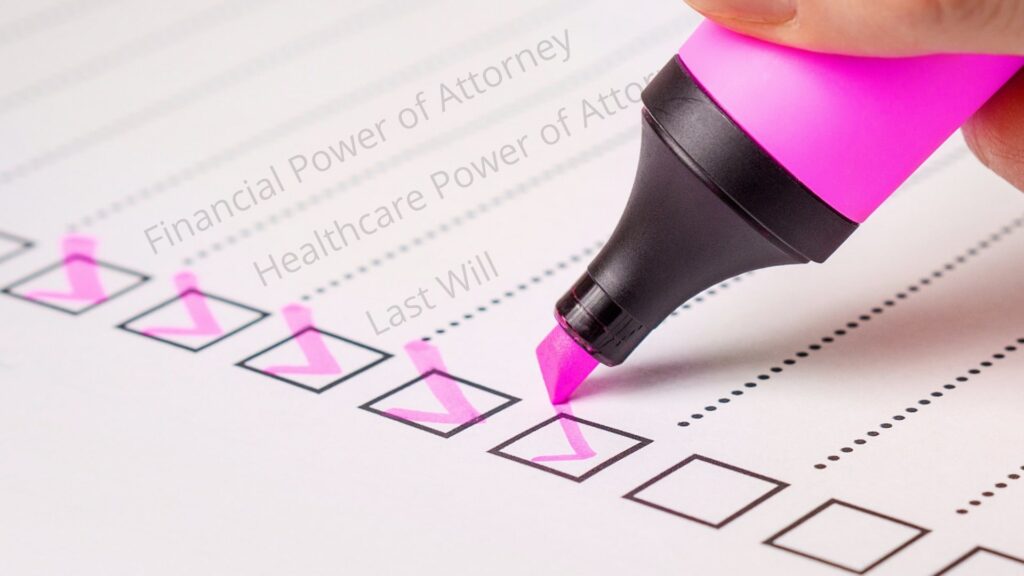New Year Estate Planning – What Documents Do You Need in Florida?

It’s time to take down the holiday decorations and prepare for the new year. With that said, this is the perfect time to update your estate planning portfolio and see whether you need to add or update documents.
Regardless of age or asset levels, everyone should have a few basic documents prepared. Here’s a quick list of what to consider.
- Financial Power of Attorney – If you were hospitalized for an accident or illness tomorrow, what would happen with your finances? Meet with your estate planning attorney to create a power of attorney that allows an individual to access funds and pay bills while you are incapacitated, traveling, or otherwise unprepared to handle matters. The document can be designed to allow someone to assist you at any time or only if you become incapacitated. Don’t let your credit be ruined by missing bill payments.
- Healthcare Power of Attorney/Healthcare Surrogate Designation — A healthcare power of attorney authorizes a family member or friend to make medical decisions on your behalf if you are not able to make or communicate decisions on your own. This document can include instructions about the care you want to receive, making matters much easier on the family.
- HIPAA Authorization – Federal laws severely limit your family’s ability to access your medical information unless you have prepared an authorization form in advance. HIPAA authorization allows someone you trust to talk with doctors and handle medical billing and insurance issues.
- Advanced Directive/Living Will — This type of document provides instructions to healthcare providers about the type of care you want to receive if you are suffering from a terminal condition and aren’t able to communicate your wishes. You not only control your situation but also reduce uncertainty and worry for family members.
- Last Will and Testament – A will specifies who you want paying your bills and settling your estate when you pass and how you want proceeds distributed. If you don’t have a will, the court will choose a representative and your assets will pass according to succession laws that you may not agree with. If you have a trust or most of your property will pass through other means, consider creating a will regardless. Your will could also name guardians for minor children, set up trusts to provide care for dependents and accomplish other purposes.
- Trust — Trusts can accomplish a wide variety of objectives, including reducing tax liability. This might be the right time to talk with your estate planning attorney about setting up a revocable living trust to avoid probate or a trust that can be used to conserve assets in anticipation of long-term care needs.
Are Your Estate Planning Documents Ready for 2022?
Even if your estate plan is complete, it would be wise to update your documents and make sure they comply with current legal requirements as well as still meet your needs. Our team at Amy L. Phillips, PLLC, can help you make the appropriate updates to your estate plan.